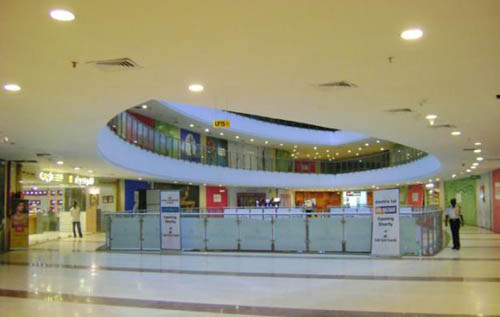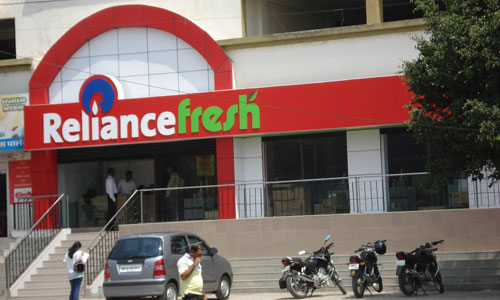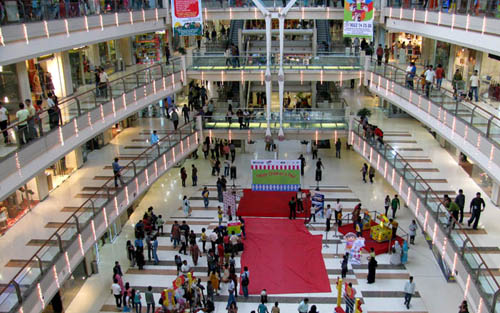
Oversupply of retail space set to keep rentals under pressure
A mammoth increase in planned supply of retail malls in India will increase retail companies’ bargaining power vis-à-vis real estate developers.

A mammoth increase in planned supply of retail malls in India will increase retail companies’ bargaining power vis-à-vis real estate developers.

We are looking at a potential situation in Mumbai’s office…

With the provision of more entertainment options in malls, Indian retailers now have vastly enhanced their ability to increase sales. Until recently, street markets and bazaars were the top performers in the retail space, and they were cornering a huge chunk of the overall sales.

In Q2 2012, the retail landscape in India was characterized by subdued demand coupled with restrained supply of mall space and largely stable rentals, says a DTZ report. While continued high inflation levels have restrained consumer spending and delayed purchase decisions, the slowdown in economic growth and weak consumer sentiments have resulted in a sense of uncertainity amongst retailers thereby putting expansion plans on hold.

In Q2 2012, the retail landscape in India was characterized by subdued demand coupled with restrained supply of mall space and largely stable rentals, says a DTZ report. While continued high inflation levels have restrained consumer spending and delayed purchase decisions, the slowdown in economic growth and weak consumer sentiments have resulted in a sense of uncertainity amongst retailers thereby putting expansion plans on hold.

Substantial addition to supply has kept the rentals for the retail mall space in Pune stable in the first quarter of the year 2012, a report from real estate advisory Cushman & Wakefield India has said.

The residential sector is currently undergoing a bullish phase, characterised by a convergence of factors that foster an extremely favourable ecosystem. As we progress into 2024, we anticipate that both sales and new property launches will sustain the sector’s buoyancy. Despite the potential challenges posed by escalating land costs and limited funding options for early-stage projects, the robust underlying market fundamentals are expected to propel residential activity well above the average trend witnessed in the previous five years.

The outlook for construction costs remains stable but cautious, as market volatility is likely to persist in 2023 along with monetary tightening, continued high inflation, a possibility of a recession in developed economies and geopolitical turmoil-related challenges going forward. Therefore, CBRE forecasts a marginal rise in the overall construction costs during 2023 across cities, with Mumbai likely to witness a sharper rise.

Green buildings are to create positive impacts on our climate and natural environment which helps to improve quality of living. Every country has different climate conditions, unique culture and traditions, diverse building style and ages, wide-ranging environmental, economic and social conditions – all are depends which design & architecture should be fit according to country condition. The need of green building has taken a big turn in design giving a lot of importance to light, ventilation and air-conditioning.

There is no restriction on the number of properties that NRIs can own in India. However, NRIs obviously need to make informed decisions on such acquisitions. The most important consideration is that of whether the property purchase is for their own or their family’s actual use, or as an investment for rental income and potential capital appreciation.
